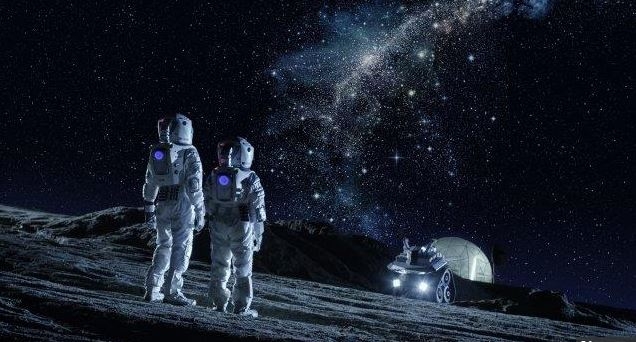As NASA marked the 50th anniversary of the historic first Moon landing, the US space agency is preparing to take its next giant leap with the ambitious Artemis programme that could see the "first woman and the next man" walk on the lunar surface. Artemis is named after the twin sister of Apollo who is also the Goddess of the Moon and the hunt.
The programme to return astronauts to the lunar surface is planned to launch by 2024, according to the US space agency.
"Through the Artemis programme, we will see the first woman and the next man walk on the surface of the Moon. As the 'torch bringer,' literally and figuratively, Artemis will light our way to Mars," the US space agency said in a statement.
With the mission, NASA plans to explore regions of the Moon never visited before, unlock mysteries of the universe and test the technology that will extend the bounds of humanity farther into the Solar System.
"We go now to the Moon, not as a destination, but as a proving ground for all the technology, science, and human exploration efforts that will be critical for missions to Mars.
As NASA marked the 50th anniversary of the historic first Moon landing, the US space agency is preparing to take its next giant leap with the ambitious Artemis programme that could see the "first woman and the next man" walk on the lunar surface. Artemis is named after the twin sister of Apollo who is also the Goddess of the Moon and the hunt.
The programme to return astronauts to the lunar surface is planned to launch by 2024, according to the US space agency.
"Through the Artemis programme, we will see the first woman and the next man walk on the surface of the Moon. As the 'torch bringer,' literally and figuratively, Artemis will light our way to Mars," the US space agency said in a statement.
With the mission, NASA plans to explore regions of the Moon never visited before, unlock mysteries of the universe and test the technology that will extend the bounds of humanity farther into the Solar System.
"We go now to the Moon, not as a destination, but as a proving ground for all the technology, science, and human exploration efforts that will be critical for missions to Mars.










178.jpeg)
18.jpeg)
96.jpeg)
4.jpeg)
6.jpeg)
344.jpeg)
5.jpeg)
68.jpeg)
177.jpeg)





